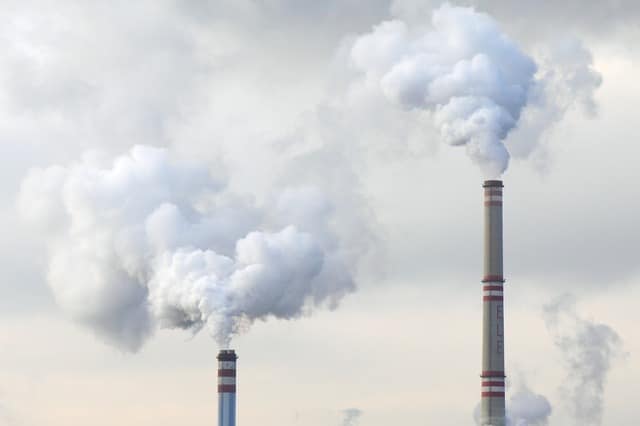As the climate cavalcade gained momentum and there appeared to be real movement from political leaders around the world, the wheels started to turn on a new sceptic movement in the United States, a reactionary force mobilised by a fear of profit harming climate science that would inspire industry regulation and undermine free-market ideals.
The Rio Earth Summit would be held in Brazil in 1992 with the intention of bringing together the world’s governments to agree limits to the amount of carbon dioxide that could be poured into the atmosphere by each country, and by implication the amount of cheap fossil fuels that could be burned to heat houses, generate power and drive industry.
The conference could potentially mean legally binding limits that would immediately reduce the huge profits for coal, oil and gas companies, mostly based in the United States, Russia and Saudi Arabia.
At first, the attacks on climate science were disorganised and apparently uncoordinated. Coal companies and their alliances began funding a group of relatively unknown scientists who were willing to attack the reports being examined by the Intergovernmental Panel on Climate Change (IPCC).
They used exactly the same arguments as the tobacco companies, doing everything they could to draw attention to the known uncertainties and present these to the public as though they were a fundamental flaw in the scientific evidence.
They published articles that attempted to undermine the fact there was a consensus quickly emerging among researchers working in the field that climate change was real, caused by humans mainly through the use of fossil fuels and that regulation could prevent its worst impacts.
Denialist Virus
There was, however, a small cabal of politically motivated men working at the emerging free market think tanks in the United States who understood the full implications of developing climate research and were determined to act.
Three men, colleagues in the small world of libertarianism, would play a crucial role persuading the US free market think tanks and their funders to pay maverick scientists and then send their reports to policymakers, climate conference delegates, newspaper editors and schools.
Fred Singer was the first serious scientist to launch an effective attack on his colleagues. Fred Smith at the Competitive Enterprise Institute fused climate sceptic science with free market policy prescriptions.
John Blundell installed the pipe between the oil billionaire Charles G Koch and the new sceptic think tanks through which the funding gushed over the next three decades.
Blundell was single-handedly responsible for importing this new sceptic science to Britain almost as though it were contained within a single vial and then doing everything he could to make sure it spread, like a virus, to infect the thinking of political leaders, senior civil servants, scientific bodies, newsrooms, boardrooms and even classrooms.
The idea that climate science should not be trusted retains the potential to cause the deaths of more human beings than any biological disease, from the black plague to the Spanish flu after the First World War that killed millions.
When historians examine this period in an attempt to understand why it was that humanity chose not to avert this unprecedented calamity they will devote much of their effort in understanding the motives, the ideas and the actions of these three friends.
Subscribe to our newsletter
Stay up to date with DeSmog news and alerts







